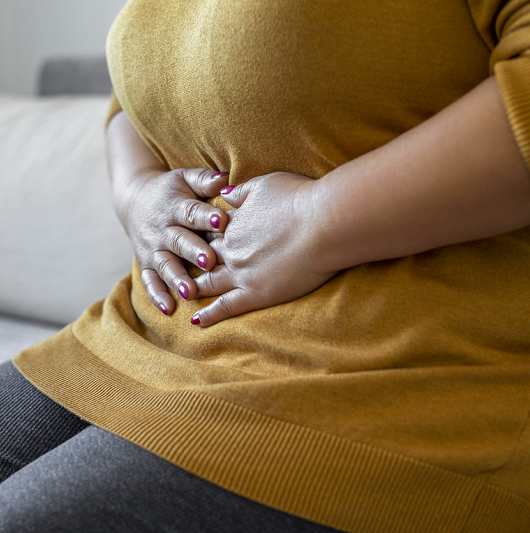Upper Endoscopy Procedure in New Jersey
What is an Upper Endoscopy?
An upper endoscopy is a simple outpatient procedure that can be helpful in uncovering any abnormalities that may not appear in x-rays. It also helps your physician determine your diagnosis and provide treatment options and reassurance.An upper endoscopy is a procedure where the physician visually examines your upper digestive system using a long flexible tube with a small camera at the end. During the procedure, a video monitor in the exam room shows the images captured on camera. The physician watches the monitor and may also remove tissue samples (biopsies) or polyps for further tests.
Why an Upper Endoscopy is Done
An upper endoscopy is a preventative measure to help detect potential issues at an early stage, even before you may experience any symptoms. It is also helpful in enabling your physician to diagnose the cause of certain symptoms you may already be experiencing, such as:
- Abdominal pain or chest pain
- Bleeding
- Difficulties swallowing
- Indigestion
- Nausea or vomiting
- Reflux
Find an Upper Endoscopy Specialist or Procedure Location
Find a gastroenterologist, upper endoscopy procedure location, learn more about why you should choose Hackensack Meridian Health, or view all of our gastrointestinal services and the conditions we treat.
What to Expect Before and After an Upper Endoscopy
To allow for a thorough exam, your stomach should be completely empty. This means that you cannot have anything to eat or drink after midnight the evening before the procedure.
If your physician removes biopsies or polyps during the exam, you may experience some spotting of blood afterward. However, this is rarely serious. You should not drive or operate machinery for the remainder of the procedure day.
Your physician will be able to provide you with additional information before your procedure.
Other Types of Gastrointestinal Diagnostic Procedures
Other types of diagnostic procedures for the digestive system include barium x-rays and CAT scans with contrast. Your physician will discuss which type of exam is best for you.





